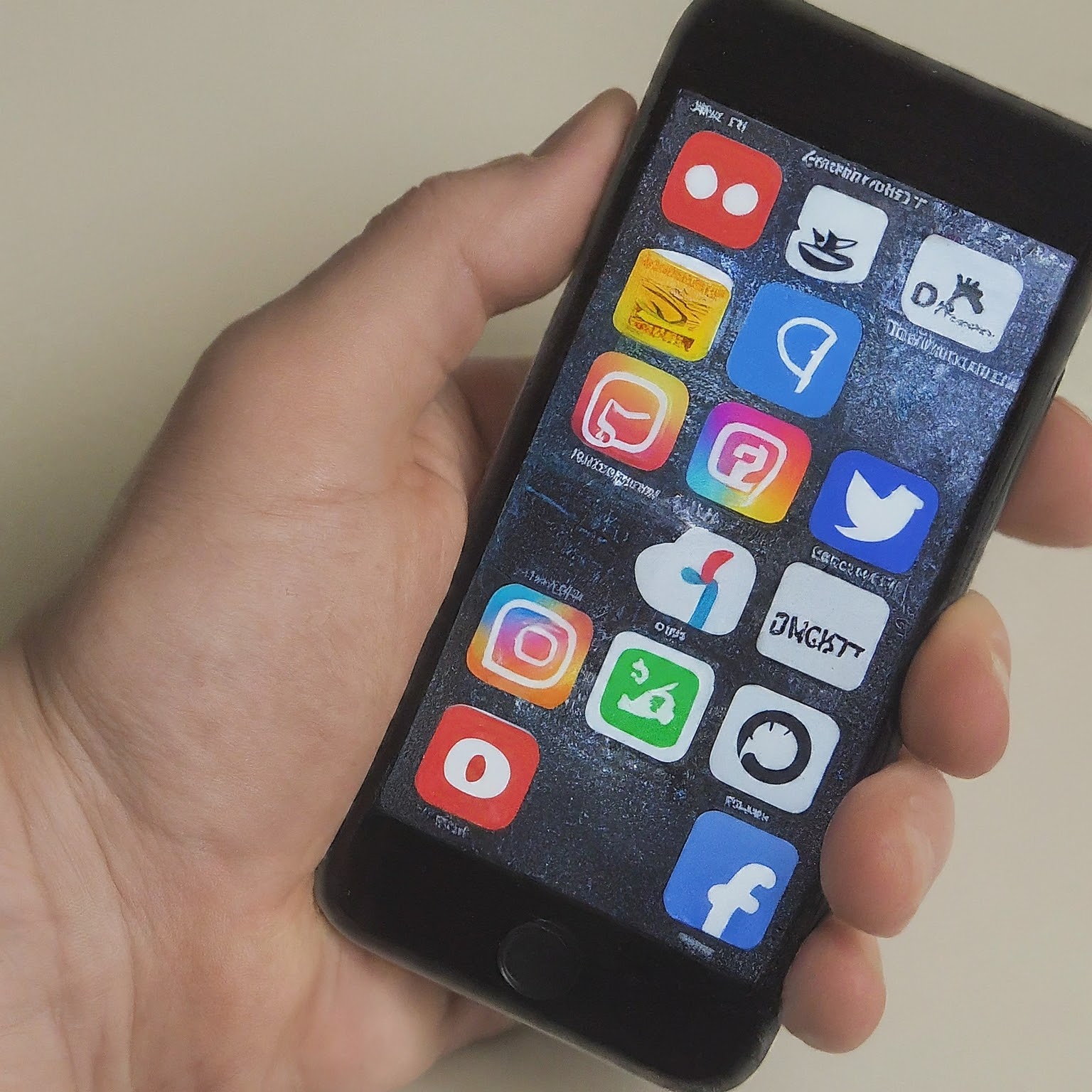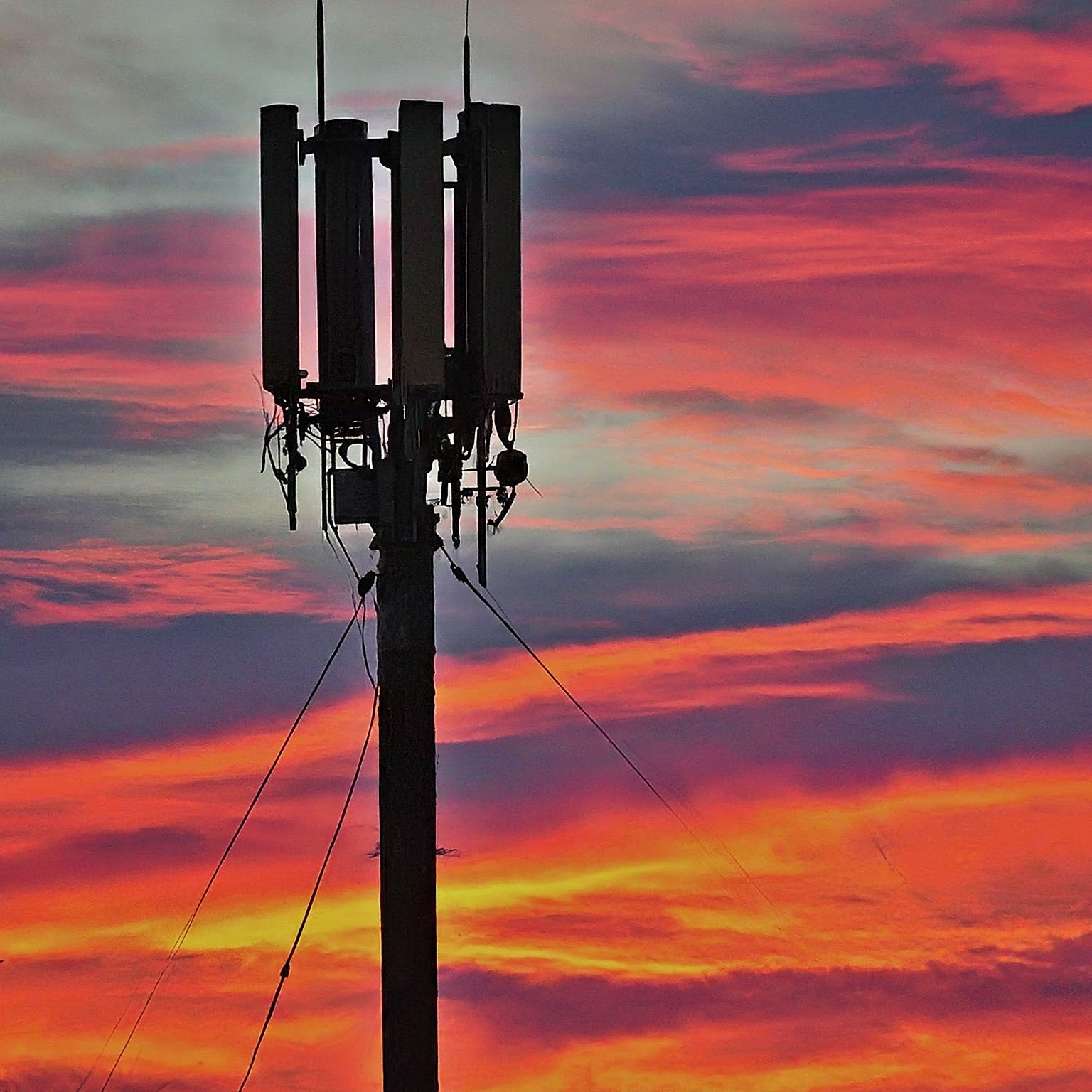Cell phone service, also known as mobile service, enables communication and data transfer through a cellular network. It has become an integral part of modern life, connecting people across vast distances and providing access to a wide range of information and services.

Key Components of Cell Phone Service
- Network Infrastructure: Cell phone service relies on a network of cell towers that transmit signals to mobile devices. These towers are strategically placed to provide coverage across a specific geographic area.
- SIM Cards: A Subscriber Identity Module (SIM) card is a small removable chip inserted into a mobile device that stores subscriber information and identifies the user on the network.
- Data Plans: Cell phone service providers offer various data plans to accommodate different usage needs, ranging from limited to unlimited data allowances.
- Voice Services: Traditional voice calls are still a core component of cell phone service, though data usage has increasingly taken precedence.
- Additional Features: Many cell phone service providers offer additional features such as texting, voicemail, call waiting, and caller ID.
Major Players in the Cell Phone Service Industry
The cell phone service industry is dominated by a few major players, including:
- AT&T: A leading provider offering a wide range of wireless plans and services.
- Verizon: Known for its strong network coverage and innovative offerings.
- T-Mobile: Emphasizes affordability and data-centric plans.
- Sprint: Focused on providing value-oriented services and competitive pricing.
- Regional Carriers: Smaller carriers operating in specific geographic areas, often offering lower costs.
Factors Influencing the Choice of Cell Phone Service
When selecting a cell phone service provider, several factors should be considered:
- Coverage: Evaluate the provider’s network coverage in your area, especially if you travel frequently.
- Data Plans: Choose a plan that aligns with your data usage needs and budget.
- Pricing: Compare plans and pricing from different providers to find the best value.
- Device Compatibility: Ensure your preferred phone model is compatible with the provider’s network.
- Customer Service: Consider the provider’s reputation for customer service and support.
- Additional Features: Evaluate the importance of features like international calling, hotspot capabilities, and family plans.
The Evolution of Cell Phone Service
The cell phone service industry has undergone significant transformations over the years:
- From Voice to Data: The focus has shifted from voice calls to data-centric services.
- Increased Data Speeds: The introduction of technologies like 3G, 4G, and 5G has led to faster data speeds.
- Smartphones: The rise of smartphones has transformed mobile devices into multifunctional tools.
- Bundled Services: Many providers offer bundled packages that include wireless, internet, and television services.
The Future of Cell Phone Service
The future of cell phone service holds exciting possibilities, including:
- 5G Expansion: The widespread deployment of 5G networks will enable new applications and services.
- IoT Integration: The integration of the Internet of Things (IoT) will connect devices and create smart ecosystems.
- Enhanced Security: Stronger security measures will be implemented to protect user data.
- Personalized Plans: Tailored plans based on individual usage patterns will become more common.

Conclusion
Cell phone service has become an indispensable part of modern life. With a wide range of providers and plans available, consumers have the power to choose the service that best suits their needs and budget. As technology continues to advance, we can expect even more innovative and exciting developments in the world of mobile communication.

